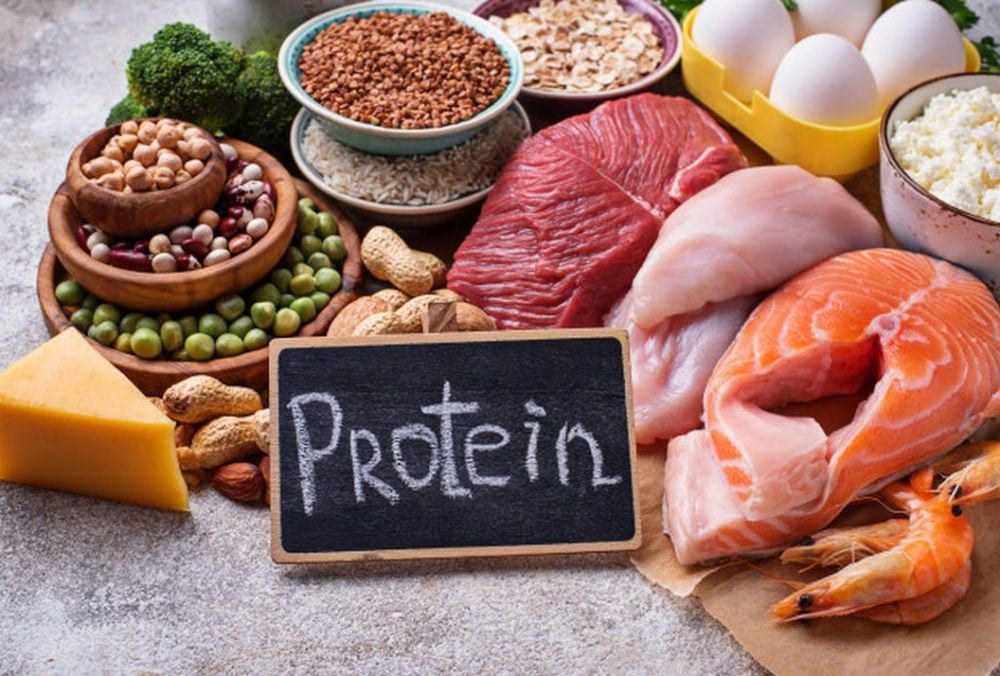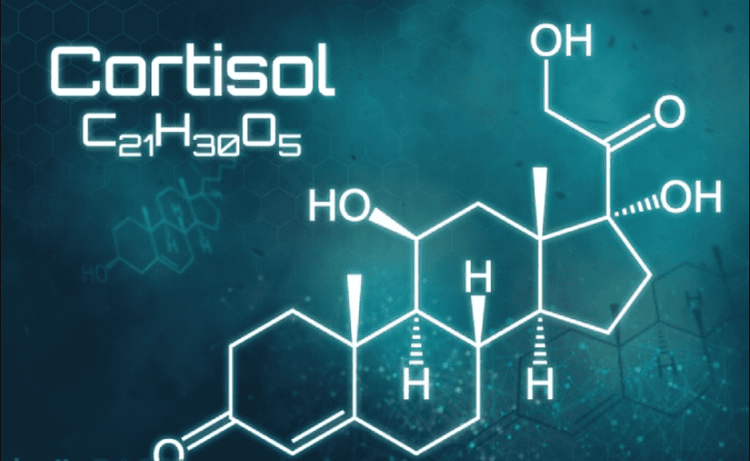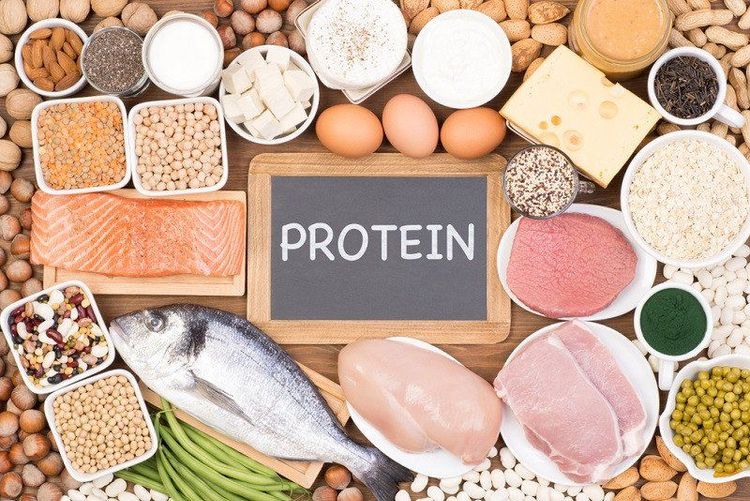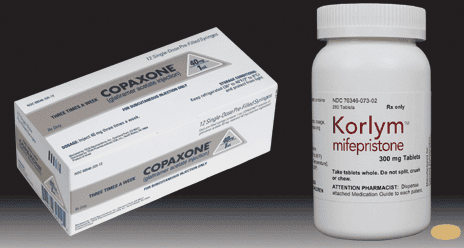This is an automatically translated article.
Weight is mainly controlled by hormones. Research shows that hormones affect appetite and body fat stores. How to overcome the weight control hormones?
1. The link between hormones and weight loss
Researchers have discovered several types of fat hormones that may aid in promoting weight loss. Among them are leptin and adiponectin. Leptin is a fat hormone that has been extensively studied in recent years and has been shown to induce weight loss in animals by reducing appetite and increasing metabolism.
As for adiponectin, which is also found in adipose tissue, it is possible to reduce weight by increasing metabolism without affecting appetite. The researchers say this is a finding that could lead to better treatments for patients with obesity and other metabolic disorders, such as diabetes.
Both of these fat hormones work through the same pathway in the brain to control body weight and blood sugar. These are two hormones that are of great interest as they can aid in promoting long-term weight loss. Because, over time, weight loss becomes more difficult because the body is partly compensated by lowering the metabolic rate - the rate at which calories are burned.
If drugs can be developed and take advantage of the metabolism-boosting properties of this fat hormone, they can sustain weight loss efforts for a long time without adversely affecting health. strong.

Một số loại hormone chất béo có thể hỗ trợ thúc đẩy giảm cân
2. 9 ways to overcome weight control hormones
2.1. Insulin
Insulin is a hormone produced by the beta cells of the pancreas. It is secreted in small amounts throughout the day and in larger amounts after meals. Insulin allows cells to take in blood for stored energy.
Insulin is also the main fat storage hormone in the body. It has a role in signaling with fat cells to store fat and to break down stored fat.
When cells are resistant to insulin (very common) both blood sugar and insulin levels rise dramatically. Overeating especially sugar, refined carbohydrates and fast foods promotes insulin resistance and increases insulin levels.
Chronically elevated insulin levels can lead to health problems including obesity, and metabolic syndrome.
Several ways to normalize the insulin level and improve its sensitivity:
Avoid or minimize the use of sugar: large amounts of fructose and sucrose promote insulin resistance and increase insulin levels. Reduce carbohydrates: Low-carb diets can cause an immediate drop in insulin levels. Provide adequate protein: Protein actually raises insulin in the short term. However, this will lead to a reduction in insulin resistance in the long run by helping the body lose belly fat. Use healthy fats: Omega-3s found in fatty fish can help lower fasting insulin levels. Exercise regularly: Overweight women who took a brisk walk or jog had an improvement in insulin sensitivity after 14 weeks of exercise. Get enough magnesium: People with insulin resistance often have low magnesium levels, however when magnesium supplements can improve insulin sensitivity. Drink green tea: Green tea can lower blood sugar and insulin

Chế độ ăn kiêng low-carb có thể làm giảm nồng độ insulin ngay lập tức
2.2. Leptin
Leptin is produced by fat cells. It is believed to be the satiety hormone that plays a role in reducing appetite and making the body feel full. It is also a signaling hormone, and its role is to signal with the hypothalamus, the part of the brain that regulates appetite and food intake. When leptin signals to the brain that enough fat is stored, it prevents overeating.
People who are overweight or obese often have high blood levels of leptin. In fact, in one study, leptin levels were four times higher in obese people than in normal weight people.
If leptin reduces appetite then obese people with high leptin intake should start eating less and lose weight. However, in this condition, the leptin system often functions abnormally, which causes leptin resistance. Leptin resistance is when leptin signaling is impaired, the message to stop eating is not transmitted to the brain, so the brain does not recognize enough energy stores.
Maintaining weight loss in the long term will be difficult when leptin levels decrease during weight loss. At that time, the brain will notice that the body is hungry and transmit the information that it needs to eat more food.
Two potential causes of leptin resistance are elevated insulin levels and inflammation in the hypothalamus.
A few suggestions to help improve leptin sensitivity:
Avoid inflammatory foods: Limit inflammatory foods, especially sugary drinks and trans fats. Eat more anti-inflammatory foods, such as fatty fish Regular exercise: Moderate activity can improve leptin sensitivity Get enough sleep: Studies have shown that insufficient sleep leads to decreased levels leptin and increased appetite

Ăn cá béo giúp cải thiện độ nhạy của leptin
2.3. Ghrelin
Ghrelin is known as a hunger hormone. When the stomach is empty, it releases ghrelin and transmits the message to feed to the hypothalamus. Usually ghrelin is highest before eating and lowest about 1 hour after eating. However, in overweight and obese individuals, fasting ghrelin levels are often lower than in normal-weight individuals.
Several studies have shown that after obese people eat a meal, ghrelin only decreases slightly. As a result, the hypothalamus does not receive a strong signal to stop eating, which in turn can lead to overeating.
Some suggestions to help improve ghrelin function:
Avoid sugary foods such as: high sugar corn syrup and sugary drinks. They may decrease the ghrelin response after a meal. Protein: Eating protein with every meal, especially breakfast, can lower ghrelin levels and promote feelings of fullness.

Ăn protein trong mỗi bữa ăn giúp cải thiện chức năng của ghrelin
2.4. Cortisol
Cortisol is a hormone produced by the adrenal glands. It is also known as the stress hormone. Because, it is released when your body feels stressed.Like other hormones, cortisol is very important in life. However, elevated cortisol levels can lead to overeating and weight gain.
In women with excess weight, stress is often associated with an increase in cortisol. Or a strict diet can also increase cortisol. A few studies have shown that women who eat a low-calorie diet have higher cortisol levels and feel more stressed than women who eat a normal diet.
A few suggestions to help lower cortisol levels :
Proper diet: eat a balanced diet of foods. Don't cut calories too low. Meditate: Practicing meditation can significantly reduce cortisol production Listening to music: studies have shown that soothing music can lower cortisol levels Get enough sleep: A study found that pilots lost 15 hours of sleep over the course of a week, their cortisol levels increased by 50-80%.

Cortisol được giải phóng khi cơ thể bạn cảm thấy căng thẳng.
2.5. Estrogen
Estrogen is the most important female sex hormone. It is mainly produced by the ovaries and is involved in regulating the female reproductive system. Both high and low estrogen levels can lead to weight gain. This depends on your age, the activity of other hormones, and your state of health.
To maintain fertility during the reproductive years, estrogen begins to promote fat storage during puberty. In addition, it also stimulates increased opening in the first half of pregnancy.
Obese women tend to have higher estrogen levels than normal weight women and some researchers believe this is due to environmental influences.
During menopause, when estrogen levels drop due to less being produced by the ovaries, fat storage sites (in the hips, thighs and abdomen) and promote insulin resistance as well as an increased risk of disease.
Some suggestions on nutrition and lifestyle to help manage estrogen:
Nutrition: make a reasonable diet in which there is a lot of fiber, eat a lot of vegetables and fruits. Because these foods can have a beneficial effect on estrogen. Exercise: Physical activity can help normalize estrogen levels in both perimenopausal and postmenopausal women.

Ăn nhiều chất xơ có tác dụng có lợi cho estrogen
2.6. Neuropeptide Y (NPY)
Neuropeptide Y is a hormone produced by cells in the brain and nervous system. It stimulates the appetite, especially for carbohydrates. Its concentration is highest during periods of fasting or lack of food.
Additionally, elevated levels of neuropeptide Y during times of stress can lead to overeating and increased belly fat.
A few suggestions to help lower neuropeptide levels:
Eat enough protein: Eating too little protein has been shown to increase NPY release, which leads to hunger, increased food intake and weight gain. Do not fast for too long: Animal studies have demonstrated that fastings for very long periods of time, such as over 24 hours, can significantly increase NPY levels. Soluble fiber: Eating more soluble prebiotic fiber to feed friendly bacteria in the gut can reduce NPY levels.
2.7. Glucagon-like peptide 1 (GLP 1)
GLP 1 is a hormone produced in the intestines when nutrients enter the intestines. It plays a major role in keeping blood sugar stable and making you feel full.
Researchers believe that the appetite that occurs after weight loss surgery is partly due to GLP 1 production. In a study conducted in men who were given GLP 1 solution with breakfast for Satisfied results and ate 12% fewer calories at lunch.
Some suggestions to help increase GLP 1:
Eat more protein: High protein foods like fish, whey protein and yogurt have been shown to increase GLP 1 levels and improve insulin sensitivity. Eat anti-inflammatory foods: Chronic inflammation is associated with reduced GLP production 1. Eating a variety of green leafy vegetables: a study done in women who ate green vegetables like spinach and kale with high GLP 1 levels. and lost more weight than the control group. Probiotics: In an animal study, probiotic supplementation increased GLP 1 levels, resulting in decreased food intake.
2.8. Cholecystokinin (CCK)
Like GLP 1, Cholecystokinin (CCK) is another satiating hormone produced by cells in the intestines. Higher levels of CCK have been shown to reduce food intake in both lean and obese individuals.
Some ways to increase CCK:
Eat more protein with each meal Healthy fats: eating healthy fats triggers the release of CCK Fiber: in a study done in men who ate one When they ate a meal containing beans, their CCK levels doubled compared with when they ate a low-fiber meal.

Ăn nhiều protein hơn trong mỗi bữa ăn để tăng CCK
2.9. Peptide YY (PYY)
Peptide YY is an intestinal hormone that controls appetite. It is released by cells in the intestines and colon. PYY is thought to play a key role in reducing food intake and reducing the risk of obesity.
Some ways to increase PYY:
Low-carb diet: this diet is based on unprocessed foods to keep blood sugar stable. Elevated blood sugar may decrease the effects of PYY. Eat plenty of protein of both animal and plant origin. Eat lots of fiber. Reference source: healthline.com; webmd.com













